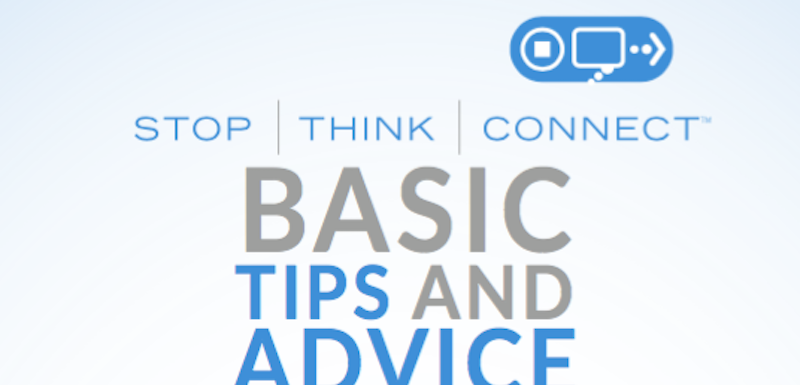 Did you know October is National Cyber Security Awareness Month? It’s a perfect time to tighten up your personal online security. After all, the last thing you want is to become a victim of malware, identity theft, or more. The included infographic is provided courtesy of National Cyber Security Awareness Alliance.
Did you know October is National Cyber Security Awareness Month? It’s a perfect time to tighten up your personal online security. After all, the last thing you want is to become a victim of malware, identity theft, or more. The included infographic is provided courtesy of National Cyber Security Awareness Alliance.
Here are three tips to help keep you and your information secure.
When in doubt, throw it out
Unsolicited emails can be a security nightmare. So can outdated websites. If you have any doubt about the trustworthiness of an email, a link, or a website, trash it or don’t go there. The risk is far too great to be taking chances.
Get savvy about wi-fi hotspots
I’ve used a virtual private server to protect my transmissions away from home for more than a year now. This means when I’m using a wi-fi connection I don’t control, the transmissions are encrypted. The virtual private server costs me a few dollars each month, but I feel it’s worth the price. But just because what I do is encrypted, I don’t stop there. Even with this layer of protection, I limit the types of transactions I conduct when not at home.
Protect your money
Any website where you conduct a financial transaction or enter financial information should be security enabled. This means the web page URL will begin with “https://”. If the URL does not have this designation, or your browser doesn’t identify it as security enabled, do not conduct financial business on the site.


Thanks for the information, Terry. I never knew that about the website designation. I do very little commerce online, but I’ll keep an eye out for that.
You’re welcome, Kay. I’m glad it was helpful!